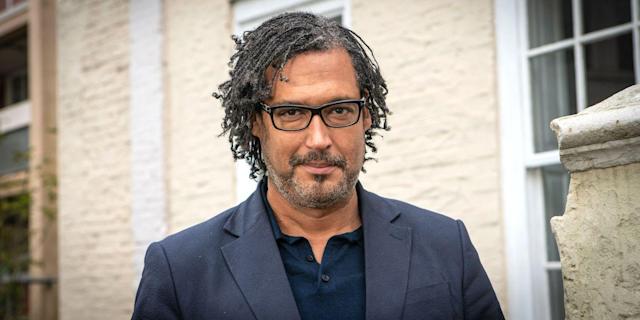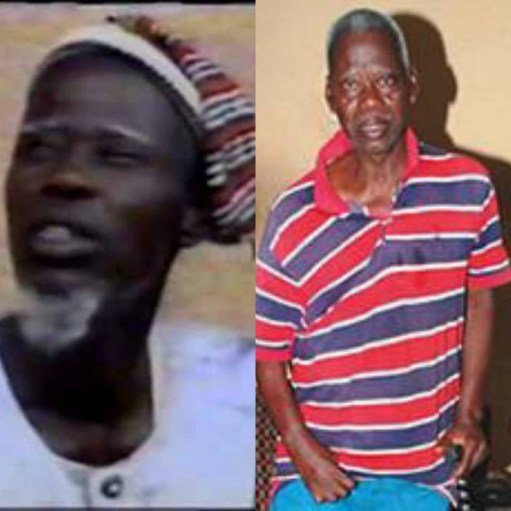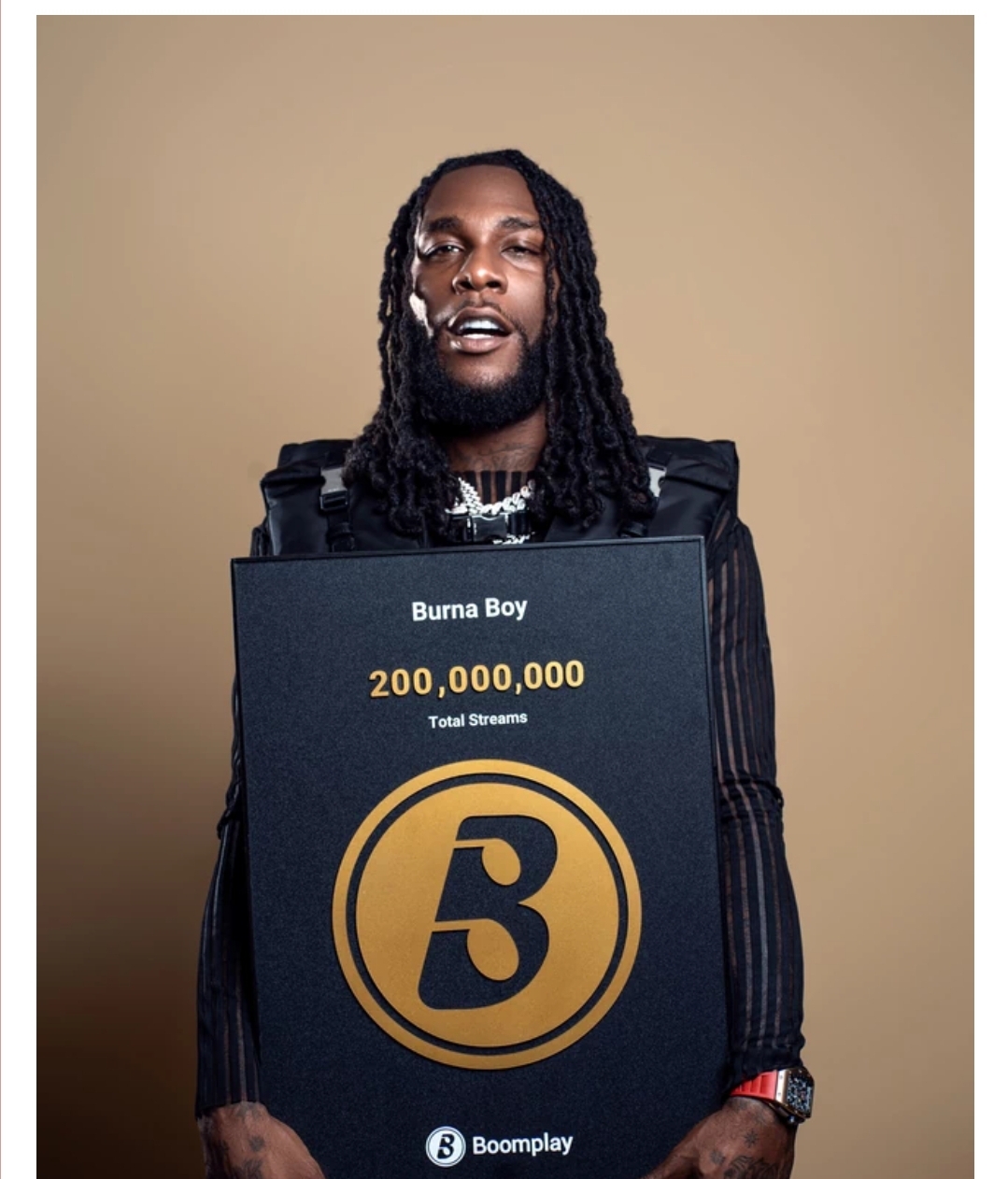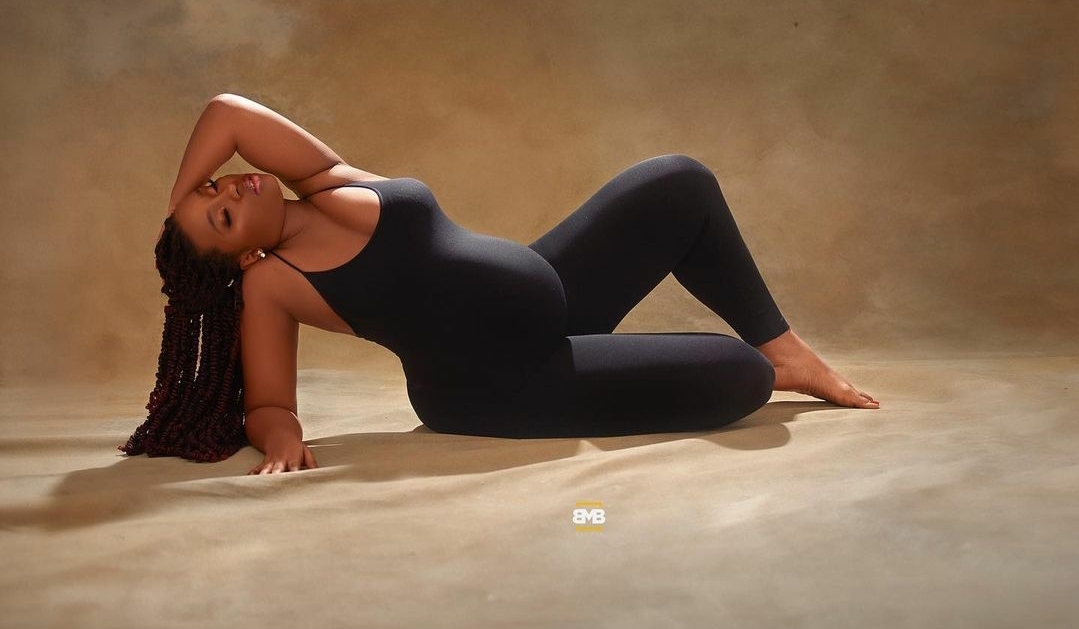In December, when a British court acquitted four Black Lives Matter demonstrators of criminal damages for toppling a statue of Edward Colston, a 17th-century slave trader, in June 2020, thanks in part to the expert testimony of David Olusoga.
Olusoga, a historian whose work focuses on race, slavery and empire, feels it is his duty to agree to testify on behalf of the defense, he said in a recent interview, because “I have spoken loudly about this story.”
At a trial in Bristol, the city in southwest England where Colston’s statue was toppled, Olusoga, 52, spoke to jurors about Colston’s prominent role in the slave trade and the brutality suffered by Africans who were sold into slavery by Colston.
The close follow-up to the court’s decision was met with concern and relief by some in Britain by others, and Olusoga’s role in the defense provides just one recent example of the impact his work has had on British society.
Olusogi’s comments in court are consistent with the frequent thrust of his wider work as one of the country’s most famous public historians: long-forgotten or buried past injustices can be dealt with in the public and accessible media these days.
Olusogi’s latest television work is A Thousand Years a Slave, which premieres Monday on the Smithsonian. The show, which he produced with Bassett Vance Productions, a production company led by Courtney B. Vance and Angela Bassett, takes a broad, global look at slavery through the family histories of public figures such as Senator Cory Booker and actor David. Harewood.
One of Olusoga’s best-known projects is Blacks and the British: A Forgotten History, which explores – through a BBC television series accompanied by a best-selling book – the long and strained relationship between black people and the UK, introducing many people to black people. communities here dating back to Roman times.
“I’m interested in the stories we don’t tell. I’m not interested in retelling stories that we’ve told a thousand times,” Olusoga said. “I’m interested in telling unfamiliar stories.”
Olusoga, who is half Nigerian, attributes the attention to what his mother told him when he was a child that Nigerian soldiers served in World War II. According to him, at that moment his interest in history overlapped with his attempts to understand his black and British identity. “It made me realize not only that it was something more to me, but also that I wasn’t being told the whole truth,” he said. “And a lot of what I do is tied to that moment of awareness.”
The historian was born in Lagos to a Nigerian father and a white British mother. He moved to the UK as a child and grew up in the North East of England with his mother and siblings. In Black and British, he spoke about the racial tensions of the 1970s and 1980s and the campaign of racist violence his family faced that forced them to leave their home.
Despite difficult times at school — Olusoga was diagnosed with dyslexia at 14 — there he fell in love with history thanks to his favorite teacher and the TV he watched. He studied history at university, but chose a career in television over academia. According to him, for Olusogi, “the story was naturally in the public domain.” “I very consciously decided to leave the university and go into television to make history.”
After 15 years in television, he began to appear in front of the camera. Now he’s a regular on British screens, presenting shows like A House Through Time, which each season tells the story of a British home and its occupants through the ages. In 2019, Olusoga was awarded an MBE for services to history and social integration (which he struggled to accept due to its association with the empire’s violent actions).
In an email, Mary Beard, author of Women and Power and Professor of Classics at the University of Cambridge, praised Olusogi’s persuasion skills. She recalled that while filming The Black and the British with Olusoga in a rural English village, an elderly white woman said she was “proud” to have learned that one of her village’s first inhabitants was black after she was presented with a face reconstruction this ancient woman.
“It’s the Olusoga effect,” said Byrd, another of Britain’s best-known historians. “He has a real gift for telling stories directly and making people see things differently. This is a very rare gift.”
This is also seen in the influence of the 2019 documentary The Unforgotten by his production company, Uplands Television. The show, presented by David Lammy, a black MP, brought to the public’s attention that African and Asian soldiers who died in World War I are not honoured in the same way as their white comrades, and many of them lie in unmarked graves. The program eventually led to a public apology from Prime Minister Boris Johnson’s government.
In recent years, Olivette Othele, Britain’s first black female history professor and author of African-Europeans: The Untold Story, has noticed a shift in how black experiences are incorporated into British and European history, which she attributes in part to Olusoga. .
“In academia, we are doing everything we can, but the possibility of democratization, of reaching a wider audience, is of such great importance, so much so that it is becoming the norm to deal with these topics,” Otele said in a recent interview.
For Olusogi, this shift was unexpected. “I’ve been telling these stories on radio and TV and fighting to get them told all my career and I’ve done nothing else,” he said. “I think what’s happened is that the world around me has changed and I think people are more interested in listening.”
At the same time, since the murder of George Floyd in 2020 and the subsequent Black Lives Matter protests, there has been some debate about what will be included in UK public history. In late 2020, following the toppling of Colston’s statue, the National Trust, a British conservation organization, released a report that explored links between some of its monuments, colonialism and slavery. Some conservative politicians and many members of the British right-wing press called the report “awakening”.
However, according to Olusogi, such debates show that certain segments of the population are rejecting the uglier elements of British history. The past is sometimes used to make the British feel “we were magical people from a magical island that was always on the right side of history,” he said.
But “if you want to tell yourself only positive stories from your past,” he said, “then that necessarily means you can’t be honest with your past.”
He added: “And that’s the UK’s problem.”
Culled from The New York Times







